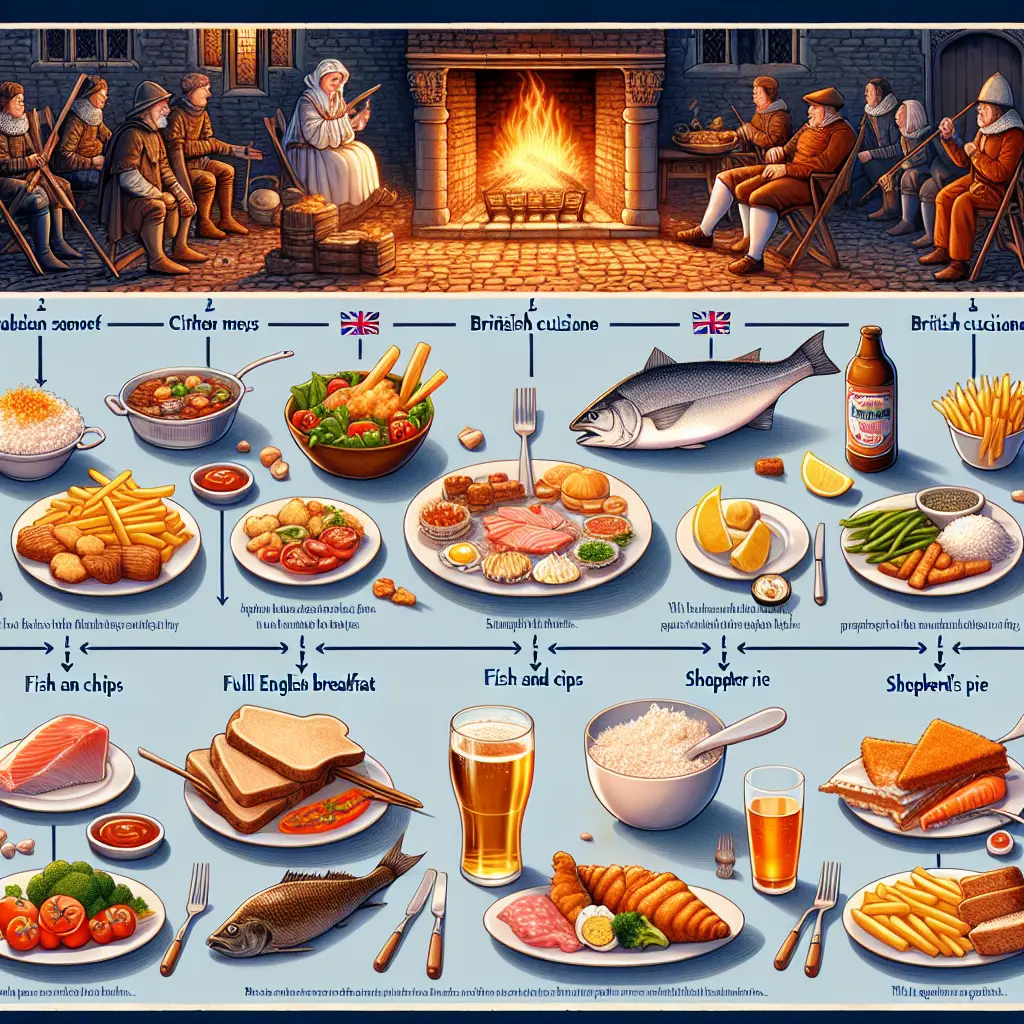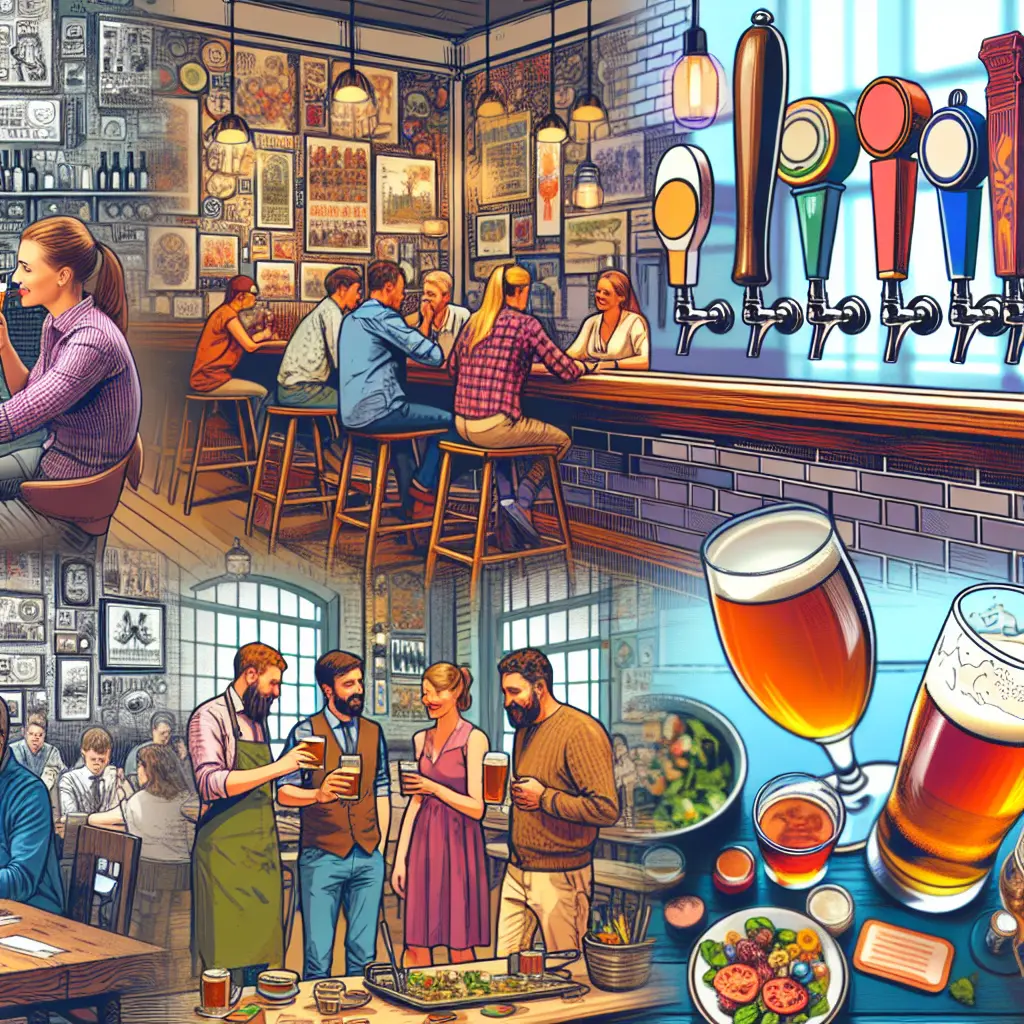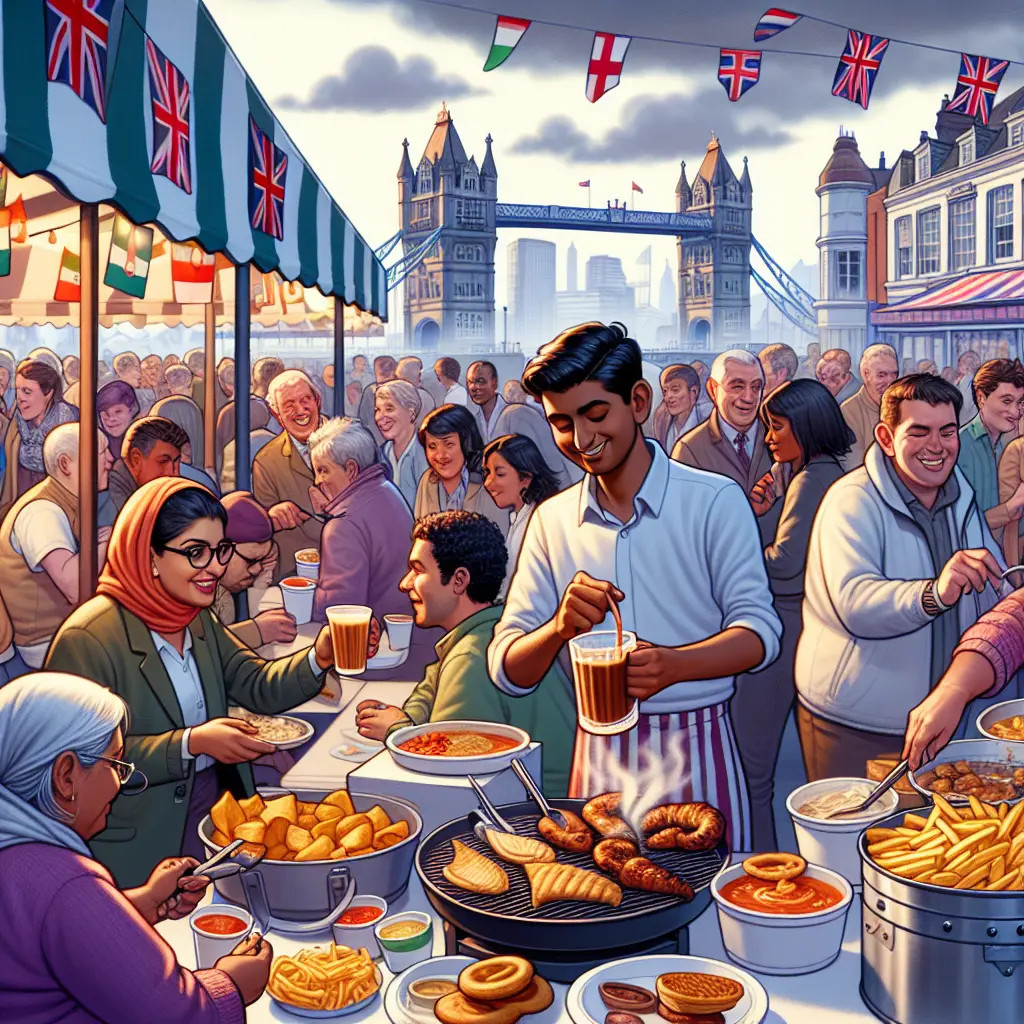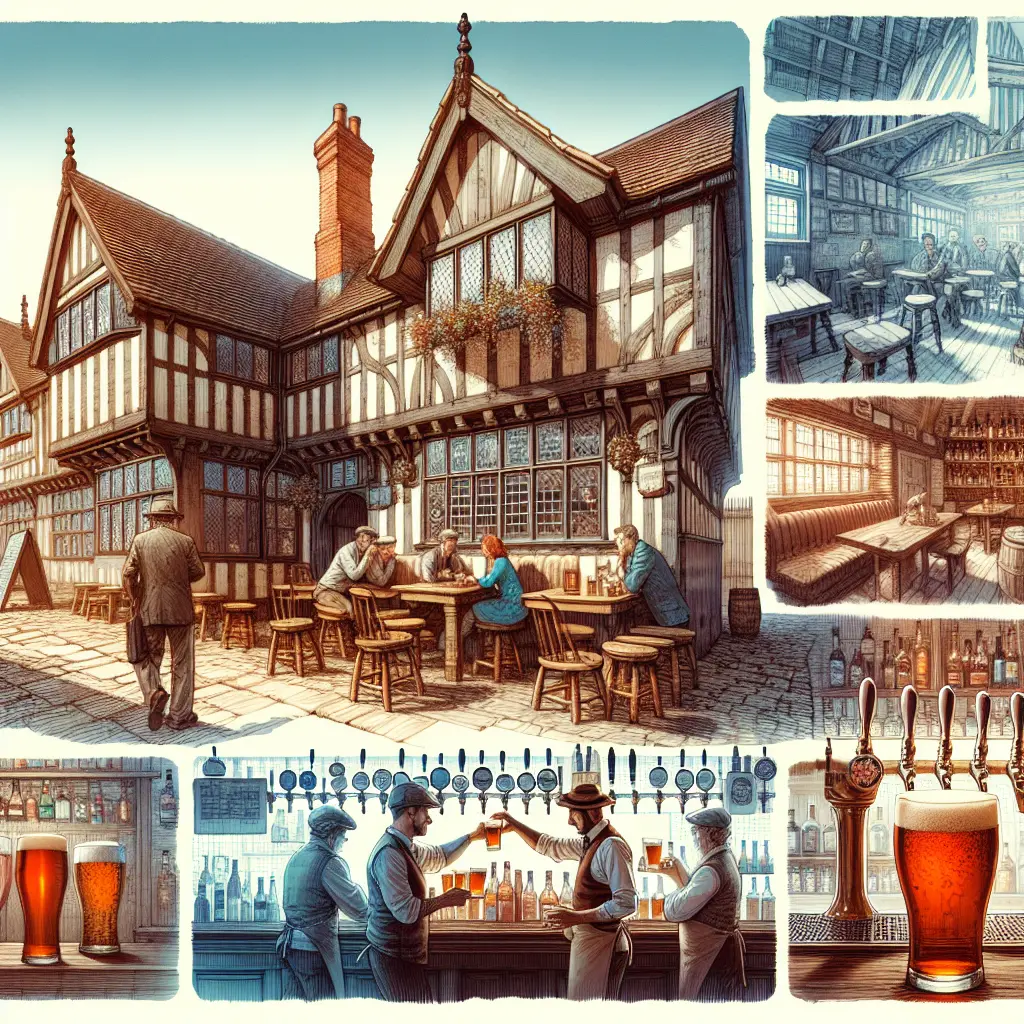British cuisine, often stereotyped for its simplicity, has a rich and complex history that reflects the social and economic changes of the nation. From traditional staples to contemporary innovations, the evolution of British food is a tale of adaptation, influence, and resurgence. This blog post will explore the transformation of British cuisine, integrating recent events to highlight how global and local influences continue to shape the nation's palate.
The Roots of British Cuisine History
British cuisine has evolved over centuries, with each era adding its own layer to what is considered traditional British fare today. Historical British recipes often included ingredients like game, beef, pork, fish, and an array of root vegetables, reflecting the agrarian nature of early British society. Dishes such as roast beef, fish and chips, and pies date back hundreds of years, forming the backbone of what many consider traditional British dishes. The full English breakfast, a hearty platter featuring eggs, bacon, sausages, beans, and toast, is a testament to the robust start needed for a hard day’s work.
Colonial Influence on British Cuisine
The British Empire’s expansion had a significant impact on British culinary practices. Ingredients from across the world began to integrate into British diets. Spices from India, teas from China, and chocolates from the Americas enriched British food culture, leading to an era of experimentation and new flavor profiles. This period marked the beginning of what can be seen as the first major evolution of British food.
Modern British Cooking and Its Global Influences
Contemporary British cuisine is a vibrant mix of tradition and innovation. Chefs like Gordon Ramsay and Jamie Oliver have championed modern British cooking by reintroducing traditional dishes with global techniques and flavors. This movement was part of a broader trend in British gastronomy that sought to revitalize and elevate British cuisine on the world stage.
Recent collaborations and treaties, such as the U.S., United Kingdom, and E.U. pact supporting AI competition, underscore an era of global interconnectivity that also influences culinary practices (source). This agreement might pave the way for more technologically advanced cooking techniques and food sustainability practices in British kitchens.
British Culinary Changes Amidst Climate Concerns
The evolution of British food is also responding to environmental challenges. Record-breaking temperatures, such as those reported last Monday being the hottest day on record (source), impact agricultural outputs and push for a shift towards more sustainable eating practices in Britain. This shift is evident in the growing popularity of plant-based diets and locally sourced produce, reducing the carbon footprint associated with food transportation and production.
Cultural Shifts Impacting British Food Culture
Recent societal events have also left their mark on British food culture. The race riots fueled by online misinformation have created a dialogue around inclusivity and diversity within all sectors, including culinary (source). Food has become a medium for cultural expression and unity, with community kitchens and multicultural food fairs becoming more prevalent.
The Resurgence of Historical British Recipes
There is a growing interest in reviving historical British recipes. This resurgence is partly driven by a desire to reconnect with the past and preserve unique regional flavors that risk being lost. Websites and cooking shows dedicated to exploring these recipes have become increasingly popular, offering modern cooks a taste of Britain’s culinary heritage.
Contemporary British Cuisine in the Political Sphere
Political changes often influence national food policies and public eating habits. The recent visit by Starmer to Scotland as prime minister may herald new agricultural or food safety policies that could affect Scottish cuisine, known for its distinct ingredients like haggis and Scotch whisky (source).
British Gastronomy Trends in the Digital Age
Digital platforms like WhatsApp, which recently hit 100 million monthly active US users, play a crucial role in shaping modern food trends. These platforms allow for the instantaneous sharing of food experiences and recipes, which helps spread culinary ideas rapidly across borders (source).
Challenges and Adaptations
Despite its rich heritage and modern adaptations, British cuisine faces challenges. Incidents such as the 'major' emergency event reported recently highlight the need for robust emergency response mechanisms in public spaces, including food markets and large-scale culinary events (source). Moreover, understanding the motives behind attacks at public gatherings, such as the incident at a Taylor Swift-themed event, is crucial for ensuring safety at public culinary events (source).
Conclusion
The evolution of British cuisine from its humble beginnings to its current global stature is a narrative of change guided by historical influences, colonial imports, and modern innovations. As British society continues to evolve amidst technological advancements and global interactions, so too does its culinary landscape—adapting, transforming, and enriching itself. From roast beef to Tikka Masala, the journey of British cuisine is a testament to the dynamic nature of cultural fusion and gastronomic innovation.
Thank you for joining me on this culinary journey through time. May your next meal be as rich in history as it is in flavor.










Leave a Comment